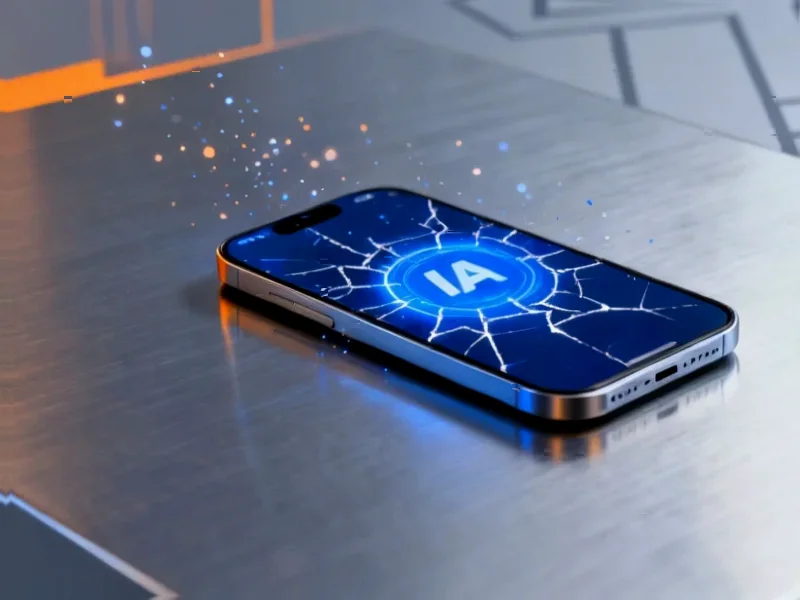According to IGN, Hollywood legends Sir Michael Caine and Matthew McConaughey have licensed their voices to AI audio company ElevenLabs. The 92-year-old Caine, who recently came out of retirement for The Last Witch Hunter 2 sequel, called the technology “using innovation not to replace humanity, but to celebrate it.” McConaughey has also invested an undisclosed amount in the company after being impressed by their work. The announcement coincides with ElevenLabs’ launch of its Iconic Voices Marketplace, a storefront where brands can pay to use celebrity voices including deceased actors like Liza Minelli and historical figures like J. Robert Oppenheimer. Caine specifically emphasized this isn’t about replacing voices but “amplifying them” and “opening doors for new storytellers everywhere.”
The celebrity voice rental business
Here’s what ElevenLabs is actually building: a licensing marketplace where companies can essentially rent celebrity voices for their projects. Think corporate training videos narrated by Michael Caine or customer service bots sounding like Matthew McConaughey. The company’s positioning this as a way to “preserve and share voices” rather than replace human talent. But let’s be real – this is about creating a new revenue stream for both the celebrities and the AI company. McConaughey’s already using it to create Spanish-language versions of his newsletter, which basically means he can scale his personal brand without actually learning Spanish or recording endless hours of audio.
Why this matters right now
The timing here is fascinating. We’re seeing AI voice technology go from creepy deepfake territory to legitimate business tool in what feels like months. Earlier this year, Epic Games had players chatting with an AI Darth Vader voiced by James Earl Jones’ licensed reproduction. Now we’ve got living, working actors willingly signing over their vocal likeness. But here’s the thing – not everyone’s on board. Sir David Attenborough issued a strongly-worded statement last year saying he was “profoundly disturbed” that AI could make him say anything. That’s the fundamental tension here: control versus accessibility. When you license your voice to an AI company, you’re essentially trusting they won’t let brands make you say things you’d never endorse.
Where this could lead
So what happens when every celebrity has an AI voice double? Basically, we’re looking at a future where your favorite actor’s voice becomes as licensable as their image on a lunchbox. The implications for advertising alone are massive – imagine every car commercial suddenly featuring Morgan Freeman’s voice without him ever stepping into a recording booth. For the celebrities, it’s passive income. For the AI companies, it’s building a library of digital assets that could appreciate in value. And for audiences? We’ll probably stop being able to tell what’s real and what’s synthetic. The real question is whether this actually “celebrates humanity” as Caine suggests, or just creates a world where even our most intimate form of expression – our voices – becomes another commodity to be bought and sold.




